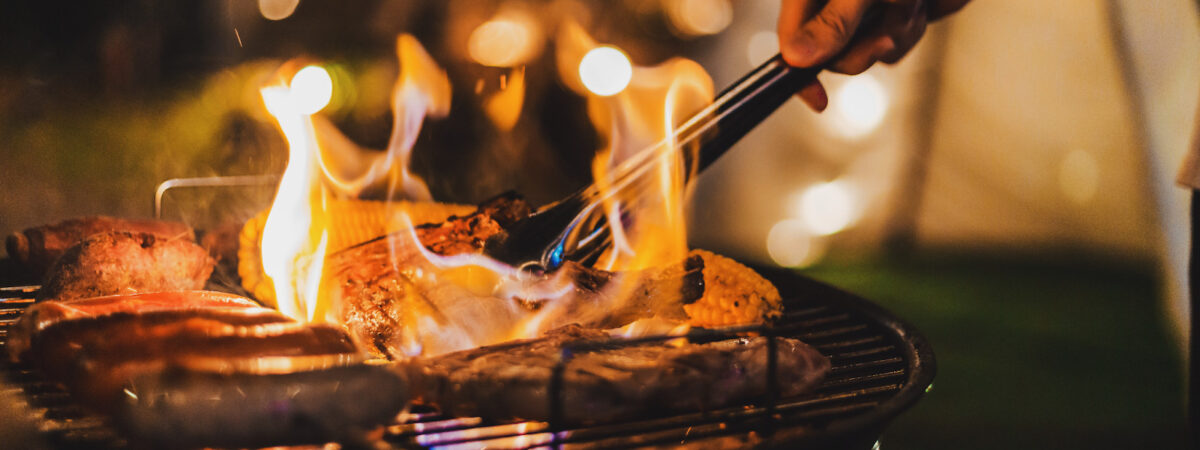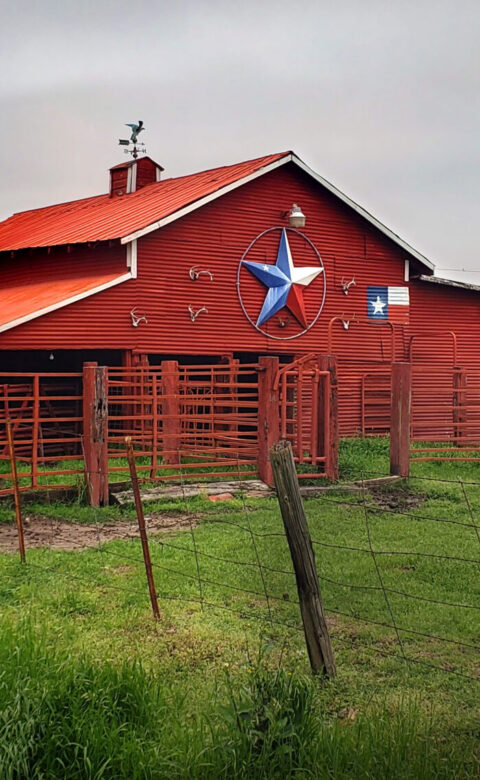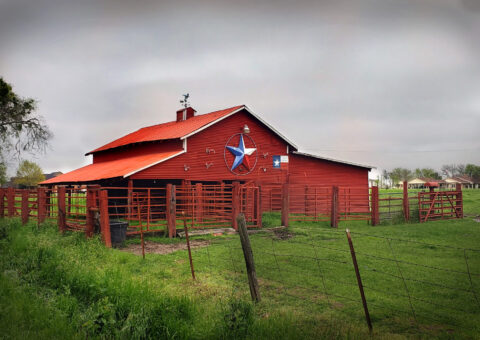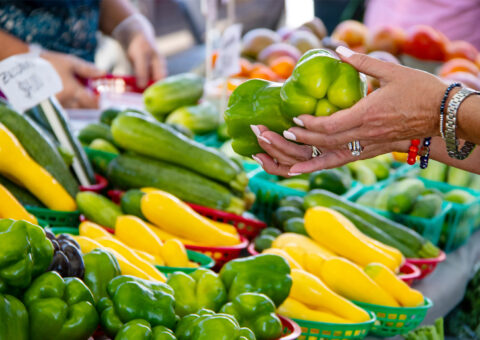Arriving in the Southern United States after living her life in the Mediterranean, Miriam Calleja explores the local culture through salt, barbecue, butter, corn, and sugar.
Looking back over the last nine months, I wonder how this new place has become second nature to me.
You see, I landed on a new continent after having lived practically all my forty years on an island south of Sicily in the Mediterranean. An island with its own language and particular culture, a melting pot that’s not entirely Italian and not quite Arabic and not quite anything but … Maltese. That island is Malta.
Salt and Satisfaction
I love cooking, and going to the supermarket in a new place is exciting. I daydreamed about this particular task before moving. Yet, for weeks, I could not get satisfaction in my own kitchen.
I thought that I might have lost my mojo and needed to adapt to a different oven or adjust my expectations of food that wasn’t quite what I was used to. Everything tasted too sweet, probably because it was, but even as I changed my purchasing habits, something was still missing.
There isn’t a lack of salt in the food in Alabama, and southerners are famous for having the ability to deep fry anything. Oreos? Of course. Pickles? Hell, yeah.
I finally put my finger on it.
Salt comes from the sea, the ocean, mines, and all around us. My Mediterranean palate was searching for the salt it knows and, not finding it, communicated to my brain that something wasn’t right. But, like my mother tongue that doesn’t let me pronounce “pie” the way southerners do, my salt language still doesn’t feel quite … right.
Earth
Barbecue claims a long history in Alabama, and I’ve had to reclaim the significance I had previously assigned to the word. Here, it becomes almost synonymous with the consumption of slow-cooked pork. And, if fathomable, a barbecue sauce that comes in a white variety (allegedly first made in Alabama) and tastes absolutely delicious.
In Malta, barbecue is eponymous with summer, being at the beach, and probably eating some sand by mistake. It holds warm memories of fun nights with friends. Nobody makes a barbecue when they’re sad. However, it is technically grilling.
Barbecue in Alabama and the South is a slow process of indirect heat that makes meat fall off the bone and taste consistently divine. It is a practice rooted in poverty (the cooking of “cheap” cuts, rendering them palatable) that has brought the southern flavour to the rest of the world.

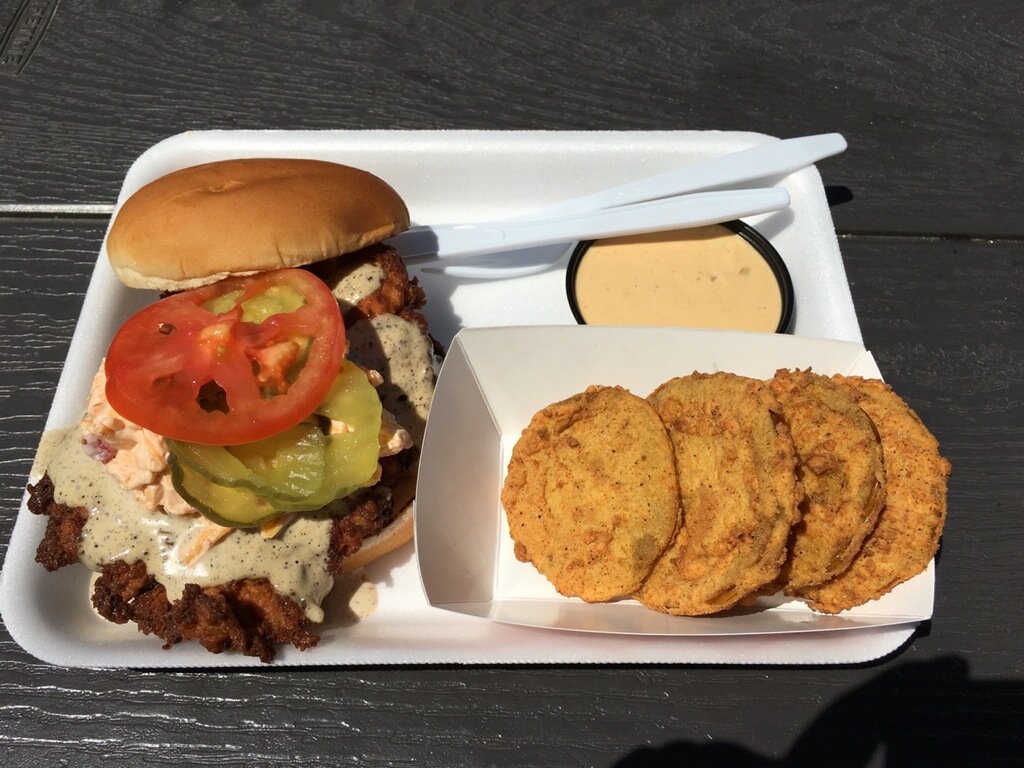
History
An island that is taken over by different cultures and that serves as a port to many inherits cuisines that slowly get integrated because they must. Soppa tal-għarmla (widow’s soup), pastizzi (savoury cheese or pea cakes), bragioli (stuffed meat), fenek moqli (fried rabbit), and imqaret (date cakes) are just a few of these. You’ll find equivalents sailing to different ports around the Mediterranean.
Alabama’s history is rich, but some of its food is derived from poverty and circumstance. It also resulted from a melding of African, European, and Native American cultures meeting the New World. The cultivation of corn by Native Americans from 1000 to 1500 is the start of the Alabama food story. Its consumption in many forms spared later European settlers from starvation when other crops failed, as they understood how to tend to the land.
Cornbread, grits, creamed corn, corn on the cob: The soil here seems to be made for growing this crop, made for sweetness. My first bite of well-cooked corn on the cob was an experience and one of the many times the locals have seen me sighing over something they’ve always known.
Butter
In the United States, you can buy biscuits in a can.
Let me unpack this: Biscuits are flaky, savoury scones chock-full of butter. As you pull the little paper tab on the tube containing the biscuit dough, it pops open (expect to squeal!) and out come round discs of dough ready for baking. My husband was just as excited to watch me pop the tube open as he was to eat the biscuits, and he loves biscuits as any good southerner should.
Salt, barbecue, butter, corn, and sugar are just the amuse-bouche of the palate of this lush land. Food is tied to culture and history everywhere, but in Alabama, you can feel the roots run deep.
The work of Alabama state poet laureate Ashley Jones in the poem Photosynthesis is a testament to this:
This is the work we have always known,
pulling food and flowers from a pile of earth.
The difference, now: my father is not a slave,
not a sharecropper. This land is his and so is this garden,
so is this work.

